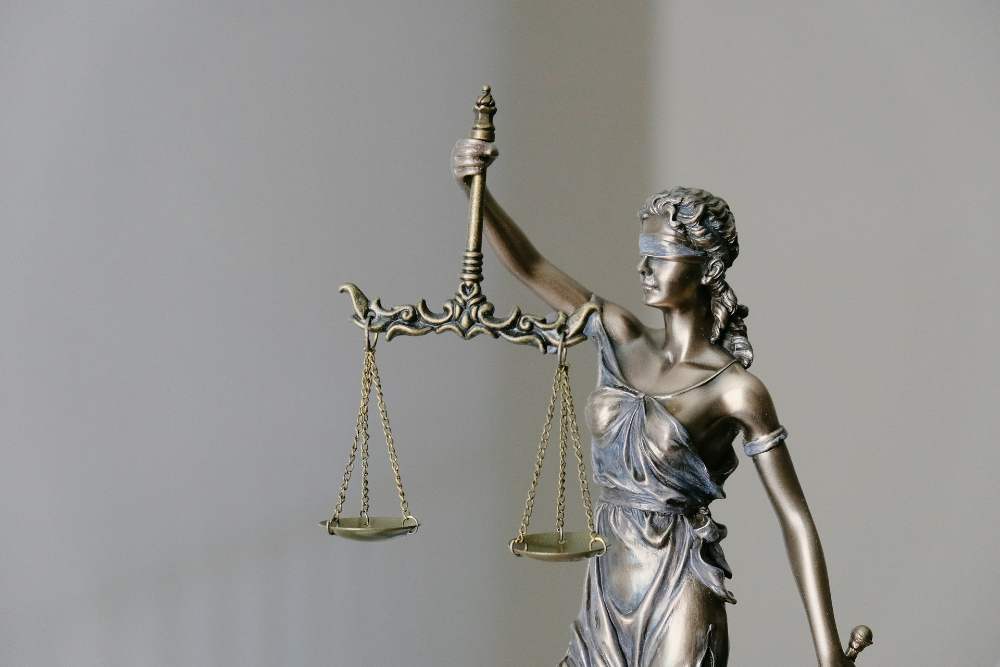In the realm of criminal law, evidence serves as the cornerstone upon which justice is built. It guides investigations, shapes charges, and influences trial outcomes.
However, amidst the pursuit of truth, the specter of false evidence looms large, threatening to distort perceptions, derail proceedings, and jeopardize the rights of the accused. In this article, we delve into the intricate web of false evidence and its profound implications for criminal cases.
Understanding False Evidence
False evidence encompasses a spectrum of deceitful practices aimed at misleading investigators, prosecutors, judges, and juries. Fabricated evidence, such as forged documents or manipulated photographs, can create a false narrative that incriminates innocent individuals.
Misleading information, whether provided by unreliable witnesses or through misrepresented facts, can lead investigators down erroneous paths, resulting in wrongful arrests and unfounded charges.
Additionally, suppressed evidence, vital information deliberately concealed by parties to the case, can skew perceptions and impede the pursuit of truth. Such deceptive maneuvers undermine the integrity of the criminal justice system and imperil the rights of the accused.
Impact on Investigation and Charges
False evidence casts a shadow over the integrity of investigations, often leading to wrongful arrests and unfounded charges. Inaccurate or manipulated information can misdirect law enforcement efforts, resulting in the unjust targeting of innocent individuals.
History is rife with instances where false evidence has tainted investigations, perpetuated miscarriages of justice, and shattered lives. For example, wrongful convictions based on fabricated evidence have led to the wrongful incarceration of innocent individuals, while misleading information has diverted attention away from the true perpetrators of crimes.
Effects on Trial and Defense
During trial proceedings, false evidence can exert a pernicious influence on the course of justice. It can erode the credibility of the accused, shape perceptions of guilt, and sway jury deliberations. In the crucible of the courtroom, the presentation of false evidence can tip the scales of justice against the defendant, leading to wrongful convictions and irreversible consequences.
False evidence may also undermine the defense’s ability to present a compelling case, as it introduces doubt and confusion into the proceedings. Moreover, the discovery of false evidence during trial can disrupt proceedings, necessitating delays and potentially leading to mistrials.
Legal Ramifications and Remedies
Those complicit in presenting or withholding false evidence may face severe legal repercussions. Perjury charges, obstruction of justice allegations, and contempt of court citations await those who subvert the truth. Additionally, individuals who have been wrongfully convicted based on false evidence may pursue legal remedies to seek exoneration and redress.
Motions to suppress evidence, appeals based on newly discovered facts, and civil lawsuits for damages provide avenues for challenging false evidence and holding accountable those responsible for its presentation.
Preventative Measures and Safeguards
Vigilance and diligence serve as bulwarks against the insidious encroachment of false evidence. Scrutiny of evidence sources, rigorous cross-examination of witnesses, and judicious evaluation of expert testimony can help expose falsehoods and uphold the integrity of proceedings.
Defense attorneys play a pivotal role in safeguarding the rights of the accused, diligently challenging false evidence and advocating for justice.
Moreover, ongoing reforms within the criminal justice system, such as increased transparency and accountability measures, aim to mitigate the risk of false evidence and ensure fair and equitable outcomes.
Case Studies and Examples
Real-life examples underscore the profound impact of false evidence on criminal cases. From wrongful convictions overturned by DNA evidence to high-profile scandals exposing prosecutorial misconduct, these cases illuminate the pervasive threat posed by false evidence and the imperative of safeguarding against its insidious influence.
For instance, the Innocence Project has successfully exonerated numerous individuals who were wrongfully convicted based on false evidence, highlighting the need for ongoing efforts to identify and rectify miscarriages of justice.
False evidence represents a grave threat to the sanctity of the criminal justice system and the rights of the accused. As guardians of justice, we must remain vigilant, unwavering in our commitment to truth, integrity, and accountability.
In the face of falsehoods, let us stand resolute, upholding the principles of fairness, transparency, and equity that form the bedrock of our legal system. Should you find yourself ensnared in the clutches of false evidence, seek the help of a qualified Tacoma criminal lawyer, for justice delayed is justice denied.

